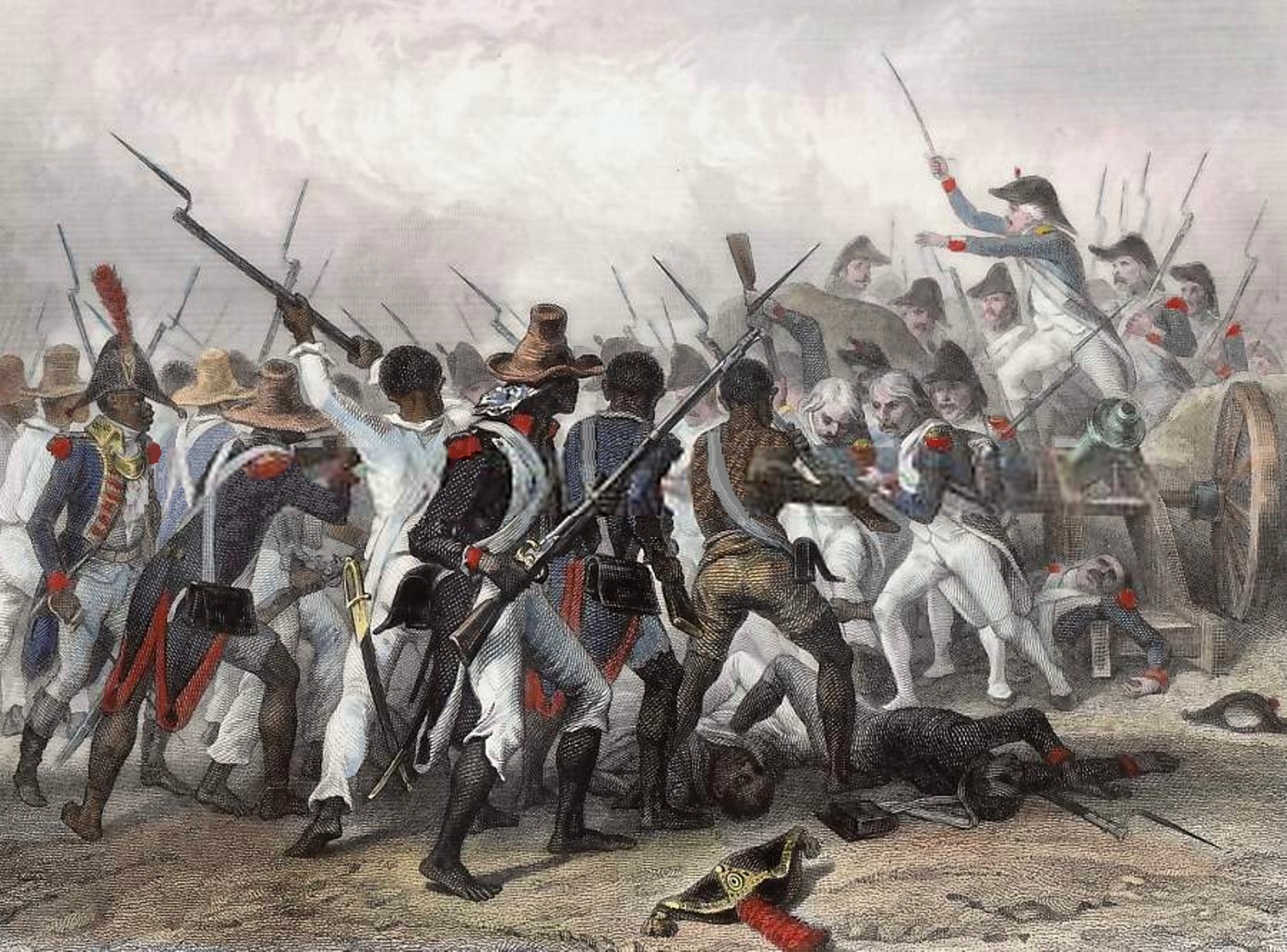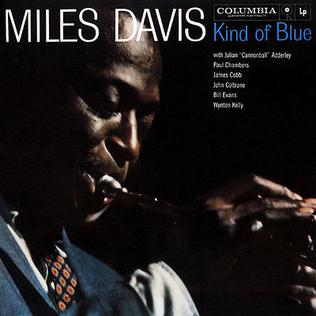The Case For Original Jazz
Imagine a world without Thelonious Monk’s music. Imagine a world with none of Wayne Shorter’s music. Imagine a world where no one would say, “ Let’s play something by McCoy Tyner.” In this alternate world, Coltrane never wrote “ Moment’s Notice, “ never wrote “ Naima,” never wrote “Giant Steps.” In this same world, Joe Henderson never wrote “ Recorda-Me,” or “ Serenity,” or “Black Narcissus.” He also never had a career resurgence with “ Lush Life: The Music Of Billy Strayhorn,” because Billy Strayhorn, in this alternate world, never wrote “ Isfahan,” “ Upper Manhattan Medical Group,” or “ Blood Count.” I think most true jazz lovers would agree that this is a world we would rather not live in.
I want to make the case for original music. What do I mean by “original?” In some ways, “ original” implies a unique approach, something breaking new ground, or something that revolutionizes a
musical genre or a group of musicians, or even a generation. That’s certainly a wonderful thing. However, I’m really just talking about new content. We can’t expect that everyone who writes a new song to reinvent the wheel. Furthermore, it’s oftentimes difficult to see the unique approach or new ground being broken upon the first hearing. Then, the word of this new approach has to permeate the musical society. Thelonious Monk was doing innovative things in the 1940’s, but the world did not really recognize this until 20 years after the fact.
But the desire for the new is a natural one. Those who never travel want to see “new places” and
have “new experiences.” Many of us get excited about trying a “new restaurant” or going to a “new” bar, even if they get the same alcohol they drink at the “old” bar. We love babies because they are
“a new addition” to the family”, and some of us fall in love with a lover because it all feels “new.” Many game shows enthusiastically offer “ A BRAND NEW CAR!” as their prize; I think if the prize was “ A USED CAR WITH 70,000 MILES ON IT THAT NEEDS A NEW ENGINE BLOCK,” I have the inkling that the contestants would probably not jump up and down.
In order to have a stable life, when we “settle down” ( meaning marriage, family, house, job, community, etc…) we accept that many things in our lives, at least in an overall sense, will most likely not be new. For this reason, in our artistic life, or in our search for entertainment( music, visual art, food, travel, movies, TV, plays, books, shopping, etc…), we look for “ the new” because it is the safest way to experience newness. Movies and books and paintings and plays take us to new places, spend time with new people, allow us to “experience” new things, without all of the hassle of ACTUALLY going to new places and so forth.
This is why I love to compose new music, and why I am an advocate of new music. The idea of
creating something new from scratch is another natural need of man. Some people cook food, some people make beer, some people build model airplanes, some people write short stories or paint. I write music. I do it because I love the satisfaction of putting melody, rhythm, harmony, and structure together to make something that perhaps a few hours or even minutes before didn’t exist. Furthermore, musical composition is a world where no one can tell you you’re wrong (which is quite untrue of the real world). Even a composition teacher cannot tell you you are wrong. They can only give you advice. You are never wrong when you are composing music.
Also it is essential to note that, in jazz, a composition might seem like it’s not comparable to a Beethoven Sonata. However, the beauty of jazz is that our compositions are “ improvisational vehicles;” they are topics of conversation given to us by the composer where we can improvise our own take of the melody or harmony or rhythms. To be perfectly honest, I really see composing and improvising as interrelated; they are the same process at different rates. The fact that you can “improvise” within a “composition” but also develop a “ composition” while “improvising” is what makes it all come together. Furthermore, a new composition makes you improvise differently.
I can’t help but lament the fact that, while in some American genres like Country, Rock, Pop, and Hip-Hop, there is an assumption that 98 percent of the time, an artist in this genre will bring their original music to the show or recording session. If a band in this genre has a book of music with the majority being tunes that are already associated with artists, they are usually considered “cover bands.” A cover band, while often lucrative for musicians, is usually a band that will never rise beyond local success playing weddings, bars, and local outdoor festivals. You won’t see a Journey cover band performing on Saturday Night Live. It’s just not going to happen.
In Jazz today, it seems as though there is this increasing trend of “tribute” concerts. A jazz artist today has arguably less opportunity if they insist on performing their own original music. Instead, the pressure is to present concerts called “ The Music Of [ Insert Famous Jazz Legend Here].” Perhaps this type of concert draws more crowds in a world where jazz is steadily losing what’s left of it’s popularity. Jazz listeners might not know Steve Wilson, but they would come to a concert called “Steve Wilson presents A Tribute to Cannonball Adderly,” simply because they have heard of Cannonball Adderly. Steve Wilson has some truly great compositions, however, the public will never get to know them if he is always doing tributes to ( meaning the music of) someone else.
What if Thelonious Monk only performed the music of Duke Ellington? What if McCoy Tyner only did tributes to Gershwin, or Cole Porter? What if John Coltrane couldn’t work unless he did “ A Tribute to Lester Young?” What if Wayne Shorter couldn’t work unless he did “ A tribute to Jerome Kern?” Back in our alternate world, an entire body of jazz composition has been wiped out. One of the hip things about the Hard Bop era is the efforts to return to the roots of the music ( blues, gospel, danceable rhythms) in order to have a wider appeal, and YET, the great Hard Bop composers like Lee Morgan, Horace Silver, Wayne Shorter, and Benny Golson never stopped creating their own music. What if they had only played jazz standards? We would missing a HUGE body of work.
Jazz is a living music. Jazz musicians improvise, and we write our own music, and we have our own concepts. it doesn’t have to reinvent the wheel; it’s having the freedom to make our own musical decisions. If jazz musicians can’t do that, then jazz will become like classical music: music which reminds us of history, a musical museum, a look back in time. I’m not anti tradition; indeed, I teach Jazz History at Portland State University, for crying out loud!Plus, I insist my students know other people’s tunes as part of their repertoire studies. I think that jazz, differently from American genres like Country, Rock, Pop, and Hip-Hop, uses the lessons of history to move forward. The question is, do we want to move forward?
Imagine a world without Thelonious Monk’s music. Imagine a world with none of Wayne Shorter’s music. Imagine a world where no one would say, “ Let’s play something by McCoy Tyner.” In this alternate world, Coltrane never wrote “ Moment’s Notice, “ never wrote “ Naima,” never wrote “Giant Steps.” In this same world, Joe Henderson never wrote “ Recorda-Me,” or “ Serenity,” or “Black Narcissus.” He also never had a career resurgence with “ Lush Life: The Music Of Billy Strayhorn,” because Billy Strayhorn, in this alternate world, never wrote “ Isfahan,” “ Upper Manhattan Medical Group,” or “ Blood Count.” I think most true jazz lovers would agree that this is a world we would rather not live in.
I want to make the case for original music. What do I mean by “original?” In some ways, “ original” implies a unique approach, something breaking new ground, or something that revolutionizes a
musical genre or a group of musicians, or even a generation. That’s certainly a wonderful thing. However, I’m really just talking about new content. We can’t expect that everyone who writes a new song to reinvent the wheel. Furthermore, it’s oftentimes difficult to see the unique approach or new ground being broken upon the first hearing. Then, the word of this new approach has to permeate the musical society. Thelonious Monk was doing innovative things in the 1940’s, but the world did not really recognize this until 20 years after the fact.
But the desire for the new is a natural one. Those who never travel want to see “new places” and
have “new experiences.” Many of us get excited about trying a “new restaurant” or going to a “new” bar, even if they get the same alcohol they drink at the “old” bar. We love babies because they are
“a new addition” to the family”, and some of us fall in love with a lover because it all feels “new.” Many game shows enthusiastically offer “ A BRAND NEW CAR!” as their prize; I think if the prize was “ A USED CAR WITH 70,000 MILES ON IT THAT NEEDS A NEW ENGINE BLOCK,” I have the inkling that the contestants would probably not jump up and down.
In order to have a stable life, when we “settle down” ( meaning marriage, family, house, job, community, etc…) we accept that many things in our lives, at least in an overall sense, will most likely not be new. For this reason, in our artistic life, or in our search for entertainment( music, visual art, food, travel, movies, TV, plays, books, shopping, etc…), we look for “ the new” because it is the safest way to experience newness. Movies and books and paintings and plays take us to new places, spend time with new people, allow us to “experience” new things, without all of the hassle of ACTUALLY going to new places and so forth.
This is why I love to compose new music, and why I am an advocate of new music. The idea of
creating something new from scratch is another natural need of man. Some people cook food, some people make beer, some people build model airplanes, some people write short stories or paint. I write music. I do it because I love the satisfaction of putting melody, rhythm, harmony, and structure together to make something that perhaps a few hours or even minutes before didn’t exist. Furthermore, musical composition is a world where no one can tell you you’re wrong (which is quite untrue of the real world). Even a composition teacher cannot tell you you are wrong. They can only give you advice. You are never wrong when you are composing music.
Also it is essential to note that, in jazz, a composition might seem like it’s not comparable to a Beethoven Sonata. However, the beauty of jazz is that our compositions are “ improvisational vehicles;” they are topics of conversation given to us by the composer where we can improvise our own take of the melody or harmony or rhythms. To be perfectly honest, I really see composing and improvising as interrelated; they are the same process at different rates. The fact that you can “improvise” within a “composition” but also develop a “ composition” while “improvising” is what makes it all come together. Furthermore, a new composition makes you improvise differently.
I can’t help but lament the fact that, while in some American genres like Country, Rock, Pop, and Hip-Hop, there is an assumption that 98 percent of the time, an artist in this genre will bring their original music to the show or recording session. If a band in this genre has a book of music with the majority being tunes that are already associated with artists, they are usually considered “cover bands.” A cover band, while often lucrative for musicians, is usually a band that will never rise beyond local success playing weddings, bars, and local outdoor festivals. You won’t see a Journey cover band performing on Saturday Night Live. It’s just not going to happen.
In Jazz today, it seems as though there is this increasing trend of “tribute” concerts. A jazz artist today has arguably less opportunity if they insist on performing their own original music. Instead, the pressure is to present concerts called “ The Music Of [ Insert Famous Jazz Legend Here].” Perhaps this type of concert draws more crowds in a world where jazz is steadily losing what’s left of it’s popularity. Jazz listeners might not know Steve Wilson, but they would come to a concert called “Steve Wilson presents A Tribute to Cannonball Adderly,” simply because they have heard of Cannonball Adderly. Steve Wilson has some truly great compositions, however, the public will never get to know them if he is always doing tributes to ( meaning the music of) someone else.
What if Thelonious Monk only performed the music of Duke Ellington? What if McCoy Tyner only did tributes to Gershwin, or Cole Porter? What if John Coltrane couldn’t work unless he did “ A Tribute to Lester Young?” What if Wayne Shorter couldn’t work unless he did “ A tribute to Jerome Kern?” Back in our alternate world, an entire body of jazz composition has been wiped out. One of the hip things about the Hard Bop era is the efforts to return to the roots of the music ( blues, gospel, danceable rhythms) in order to have a wider appeal, and YET, the great Hard Bop composers like Lee Morgan, Horace Silver, Wayne Shorter, and Benny Golson never stopped creating their own music. What if they had only played jazz standards? We would missing a HUGE body of work.
Jazz is a living music. Jazz musicians improvise, and we write our own music, and we have our own concepts. it doesn’t have to reinvent the wheel; it’s having the freedom to make our own musical decisions. If jazz musicians can’t do that, then jazz will become like classical music: music which reminds us of history, a musical museum, a look back in time. I’m not anti tradition; indeed, I teach Jazz History at Portland State University, for crying out loud!Plus, I insist my students know other people’s tunes as part of their repertoire studies. I think that jazz, differently from American genres like Country, Rock, Pop, and Hip-Hop, uses the lessons of history to move forward. The question is, do we want to move forward?
 |
| "I wish I could get The Rite Of Spring played, but I'm too busy with these Mendelssohn tributes....." |


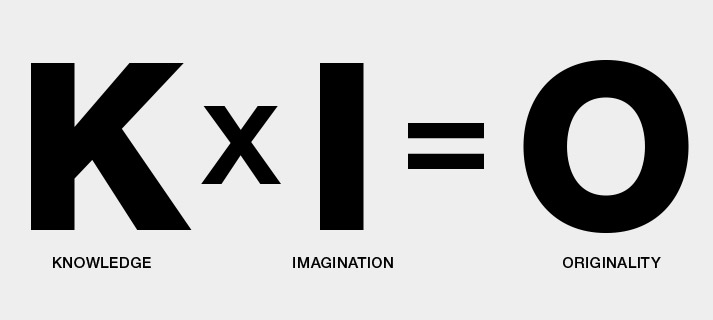

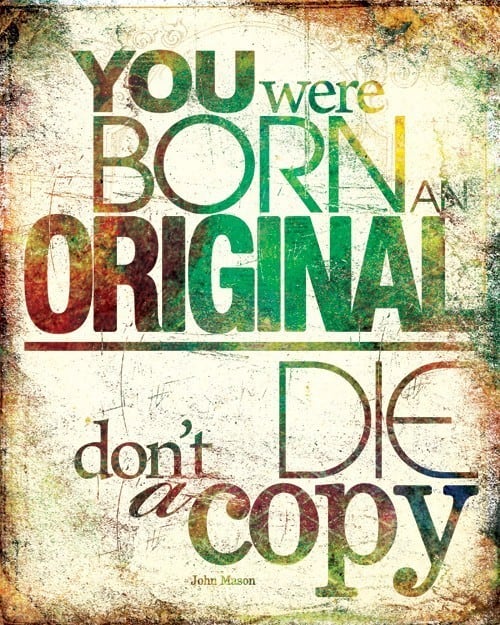





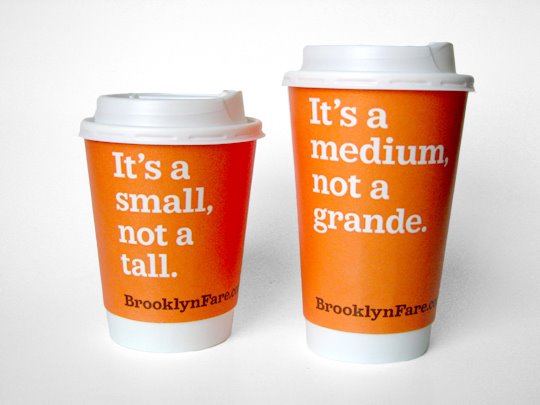

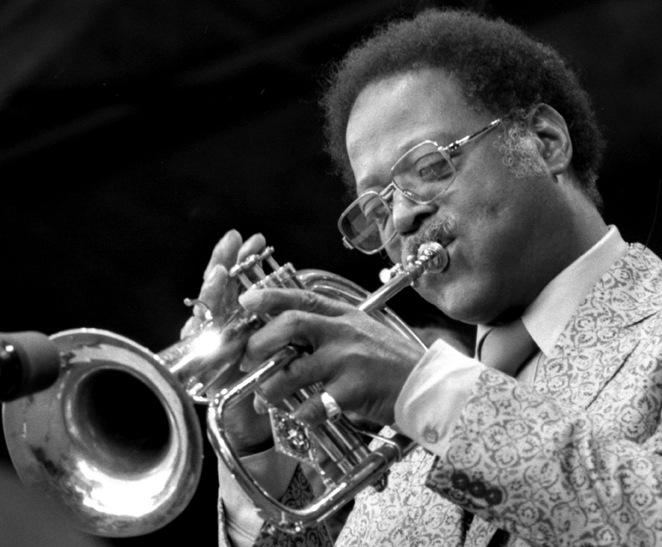



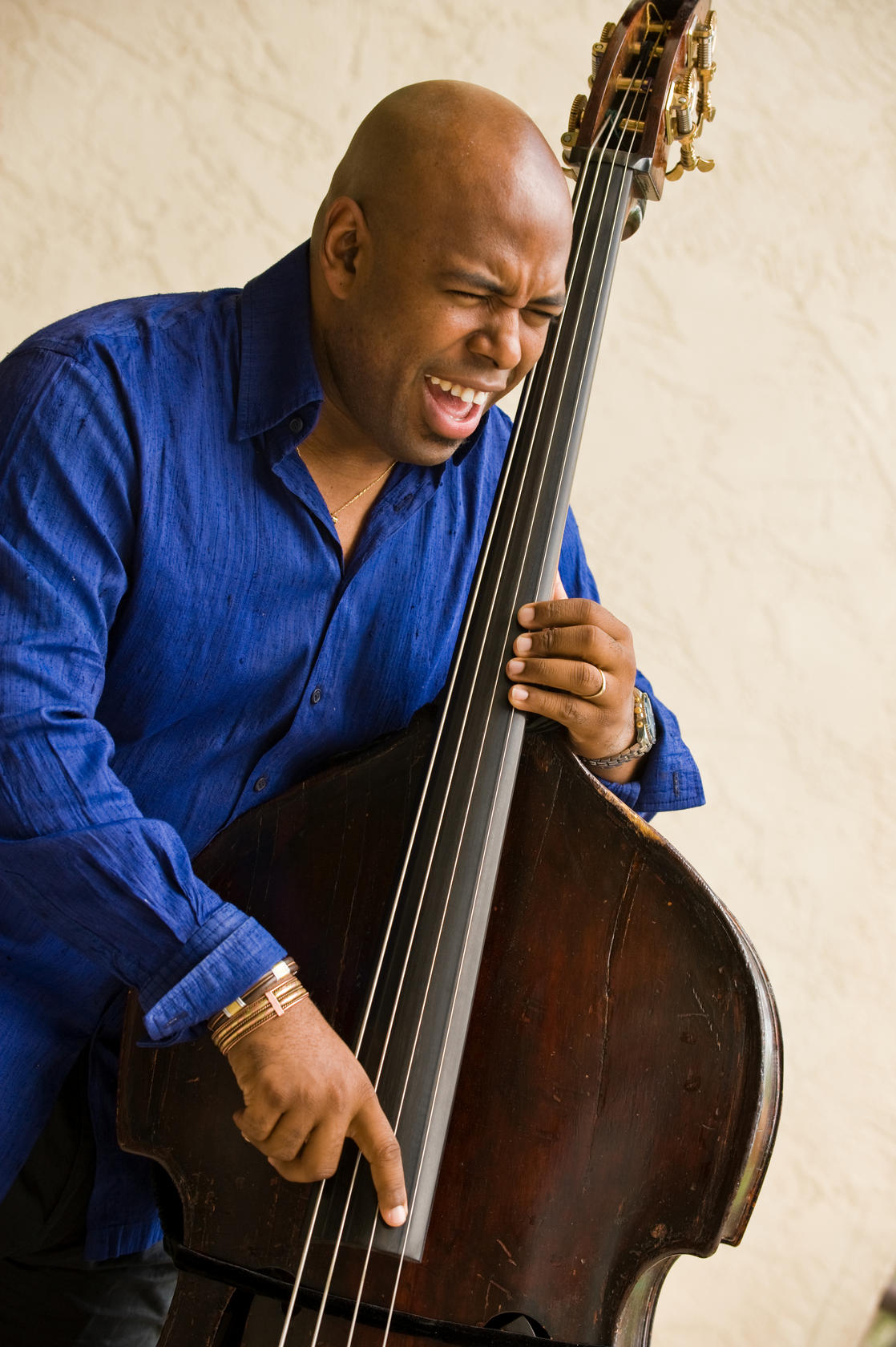










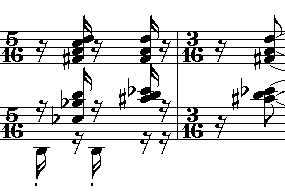


.jpg)
